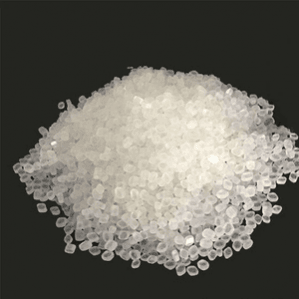
The recent study led by Dr. V. Mohan, a senior Diabetologist and Chairman of the Madras Diabetes Research Foundation (MDRF) in Chennai, has shed light on the effects of replacing table sugar with artificial sweeteners in diabetics. The study, which lasted for 12 weeks, involved 179 participants with diabetes who were divided into two groups: an intervention group and a control group. The intervention group substituted added sugar in coffee or tea with a sucralose-based tabletop sweetener, while the control group continued to use sucrose as before.
The findings of the study are significant for individuals with diabetes who consume artificial sweeteners like sucralose. The study suggests that substituting table sugar with sucralose in moderate amounts (within the Acceptable Daily Intake) does not negatively impact glycemic control markers such as glucose or HbA1c levels. Furthermore, it may lead to slight improvements in body weight, waist circumference, and BMI. This implies that artificial sweeteners can be a part of a diabetes management plan without compromising blood sugar control, provided they are used judiciously.
However, the study's short context does not address all potential long-term health effects of using artificial sweeteners like sucralose. While the study focused on short-term effects and found no adverse effects on glycemic markers and some potential benefits for weight management in people with diabetes, there are ongoing debates and research about the long-term effects of artificial sweeteners.

Some studies have suggested links to changes in gut microbiota, potential effects on insulin sensitivity, and associations with weight gain and metabolic disorders, although these findings are not universally accepted and often require further investigation. The long-term impact on health can vary among individuals, and more research is needed to fully understand these effects.
The study's findings are particularly relevant in the context of the global rise in diabetes. According to the World Health Organization, the number of people with diabetes has risen from 108 million in 1980 to 422 million in 2014. The prevalence of diabetes has been rising more rapidly in middle- and low-income countries. Diabetes is a major cause of blindness, kidney failure, heart attacks, stroke, and lower limb amputation. In 2016, an estimated 1.6 million deaths were directly caused by diabetes.
The study's findings also align with the broader shift towards personalized medicine and nutrition. Personalized medicine, also known as precision medicine, is an approach to patient care that allows doctors to select treatments that are most likely to help patients based on a genetic understanding of their disease. This approach is already being used in the field of oncology, with genetic testing being used to identify the specific mutations in a person's cancer cells that are driving the growth of their tumor. This information can then be used to select the most effective treatment for that individual.
In the field of nutrition, personalized approaches are also being explored. For example, research has shown that individuals can have vastly different blood sugar responses to the same foods, suggesting that personalized diets could be more effective at managing conditions like diabetes than one-size-fits-all dietary recommendations.
The study led by Dr. V. Mohan provides valuable insights into the potential benefits of replacing table sugar with artificial sweeteners in diabetics. However, it also highlights the need for further research into the long-term effects of artificial sweeteners and the potential for personalized approaches to nutrition and medicine. As our understanding of these areas continues to evolve, it is likely that we will see more nuanced and effective strategies for managing conditions like diabetes in the future.

















